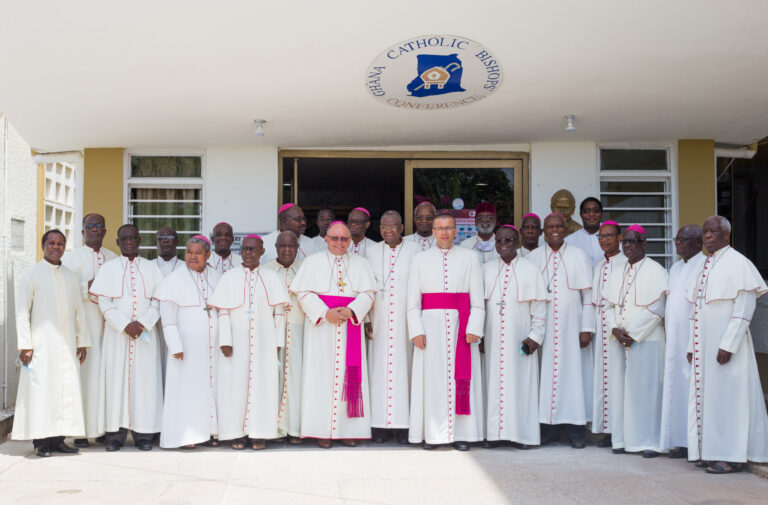Ambassador Julia Alvarez of the Dominican Republic’s Mission to the United Nations shocked a noon-day seminar crowd at the United Nations on May 12th when she delivered the keynote address to the 1998 Population Consultation of the UN NGO Committee on Population and Development.
The audience, made up of representatives from more than thirty elite NGOs that promote world population-control programs was not prepared for Ambassador Alvarez’s message. It could be said they were caught completely off guard since, in her introduction, she was hailed as a Feminist hero.
David J. Andrews, newly named president of Population Communications International, a group running current population control programs in Brazil. China. India, Kenya. Mexico and a number of other developing countries, hosted the meeting. Andrews joined PCI from the International Planned Parenthood Federation where he was head of development and communications for the Western Hemisphere.
Susan Davis, Executive Director of the Women’s Environment and Development Organization (WEDO), set the flavor of the seminar immediately, beginning the program with a tearful tribute to the recently deceased radical feminist Bella Abzug. WEDO is one of the richest and most powerful non-governmental organizations at the UN, and focuses most of its efforts in spreading contraception and abortion, the population controllers chief tools, around the world. Then Alvarez rose.
In her speech, Alvarez, a widely respected UN veteran, sharply criticized the kinds of population suppression efforts undertaken by most of the groups present in the room, including Zero Population Growth, International Planned Parenthood Federation, Population Communications International, the Population Resource Center, the United Nations Fund for Population Activities, and the Rockefeller Foundation. They received a stern warning that fertility reduction campaigns may be racially motivated, and are spelling disaster for societies and individuals, especially lonely and aging women in the developing world.
Alvarez even went so tar as to trace the population-control agenda from its beginning in the 1920s. She quoted stories published then by the New York Times wherein “the word ‘sterilization’ rears its ugly head with some frequency. Eugenics is still a respectable subject among the university ‘experts.’ And there is much concern with weeding out ‘defectives’ and improving the population ‘stock’.” This comment was particularly pointed, since members of the Alan Guttmacher Institute were on the dais waiting to address the group. Alan Guttmacher himself was a member of the group of early eugenicists alluded to by Alvarez.
Alvarez explained how UN involvement in population control began when 130 nations met in 1974 for the first World Conference on Population. She pointed out that, perhaps not ironically, that such “illustrious leaders” as mass murderer Nicola Ceausescu, former president of Rumania, and Kurt Waldheim, former Nazi and disgraced former Secretary General of the UN, addressed that first UN population meeting.
Alvarez emphasized that population control programs, from the very beginning, deliberately targeted poor and darker-skinned countries like her own. She said one other main concerns is the terrible burden that decreased Fertility rates have placed on elderly women. “It used to be that older women could depend on their adult children to care for them in old age,” she pointed out. “In 1960, for example, a Jamaican woman had an average of six children; by 1990 she was likely to have fewer than three. Now…typically she has two. Who will supply the support system for this mother when she is old?”
The astounding thing about this speech was its bravery. Radical feminist NGOs are known to surround diplomats in the halls of the UN and harangue them into submission to their particular brand of ideology. Indeed, Alvarez voiced concern to a pro-life lobbyist who was present about how the speech would be received. While Alvarez received a handful of requests for her speech, the response from the crowd was no more than polite.
Echoing Alvarez, and further surprising the crowd, was Dr. James McCarthy, Head of the Center for Population at Columbia University, who called himself a “recovering demographer.” McCarthy flatly declared that “population size doesn’t matter.” McCarthy ticked off a list of priorities, other than population size, that policy makers should focus on, including maternal mortality, sexual diseases, reproductive tract infections, reproductive cancers, and sexual violence.
These statements may confirm a shift in expert thinking, coming as they do on the heels of several reports from world demographers presented last fall at the UN Demographers Golini of Italy, Chesnais of France, and Zahkarov of the Russian Federation delivered papers sounding the alarm that lowered fertility rates are causing immediate, broad-based societal damage.
The importance of these statements by Alvarez, McCarthy, and the demographers is that they begin to establish an official UN body of work that flatly contradict years of policy statements demanding population reduction. These statements can now be used as weapon by Third World governments to protect themselves from the aggressive population control groups Alvarez so astounded in her speech. Unfortunately they can also be used by those in the fertility deficient industrialized west to insist upon more reductions in the developing world.
Austin Ruse is the deputy director of the Catholic Family and Human Rights Institute. Ruse writes from New York City.










